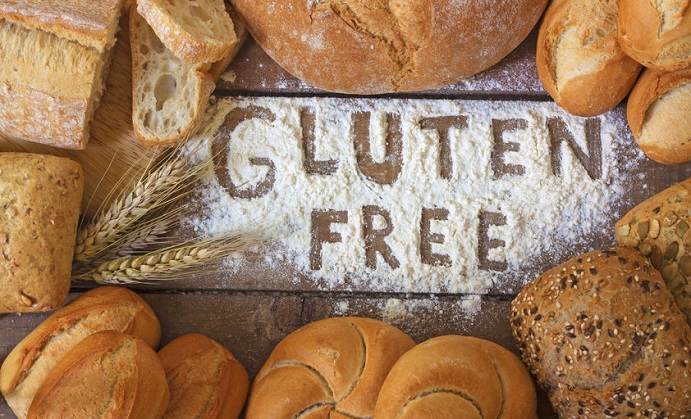IBS, also known as Irritable Bowel Syndrome, is caused by a variety of different factors – genetics, lifestyle, age, gender etc. It can also be triggered by certain foods and although there is not one specific obvious list of products, there are several that seem to be stronger triggers than others.
Here we list a short overview of the ones that you need to pay close attention to if you are one of the unlucky ones who suffer the challenging symptoms that IBS brings with it.
Are you eating the right things? Read on to discover more.
Gluten
Nowadays, the majority of supermarkets have a section that is specifically dedicated to gluten-free products – that gives you some idea about how common gluten intolerance really is. For people with celiac disease, IBS sufferers and wheat intolerant people, gluten-free is an essential element for helping control the symptoms their condition presents.
Gluten is a type of protein found in wheat, barley, rye, oats and more. There is a growing incidence of many people being allergic to gluten, which has been attributed to a variety of changes in people’s diets all over the world but specifically the more western stylized diet which sees the use of large amounts of white, unrefined wheat-based products.
Choose gluten-free products if you feel that your IBS symptoms are triggered by gluten. Other healthy alternatives include soya, rice or corn based food stuffs.
Dairy
Human beings are the only animals that consume the milk of other animals and for many, dairy is problematic. This can be attributed to the fat which is contained within it which has been closely linked to the incidence of diarrhea and other intestinal problems.
The other issue is the lactose, which for many can cause a severe reaction. If you are intolerant of dairy, you could look at introducing vegan options into your diet such as vegan cheese, rice milk and soy based products. Just be aware though that you may be also losing important nutrients and vitamins by eliminating certain food groups, so it may be worth talking to your doctor first before you remove dairy from your daily diet.
Fried Foods
As well as being incredibly unhealthy and fattening for you, fried foods have a high content of saturated fat which is very difficult for the system to digest and process, especially for those who are suffering with IBS. There are so many other healthier ways to cook food such as baking, grilling, air frying and steaming. For IBS sufferers, limit fried foods and stick to the healthier options of cooking.
Caffeine
As hard as this may be to hear for many of you coffee lovers out there, your morning coffee may well have to be shelved if you are experiencing the challenging symptoms of IBS. For those of you who swear by your morning elixir to get you started for the day, but are suffering the symptoms of IBS, you are going to have to rethink about whether the pleasure of your morning coffee is worth suffering for the rest of the day with excruciating pain and discomfort. Caffeine (found in both coffee and tea) and other caffeinated drinks have a stimulating effect on your internal workings and this can be a negative trigger for IBS symptoms. It’s worth visiting your local health food store to check out the natural alternatives that are available. We know that a dandelion root coffee with soya is not quite the same as a double shot latte however, taste buds have a funny way of accommodating new tastes so in time, your body may well adjust to a new healthy alternative.
Our Take Home Message
IBS is a condition that affects each and every sufferer in a different way and as such, the trigger foods differ between each and everyone also. We have touched on just a few, other common triggers include:
- Chocolate
- Soda
- Alcohol
- Onions
- Cauliflower
- Garlic
- Onions
We recommend keeping a food diary to ensure that you are monitoring your food intake and making sure that you are completely aware of the foods that do not sit well within your body. Being proactive and self aware is the first step to overcoming this challenging and difficult to treat condition.
Do you want to find an effective IBS treatment? Check out our top rated IBS products












